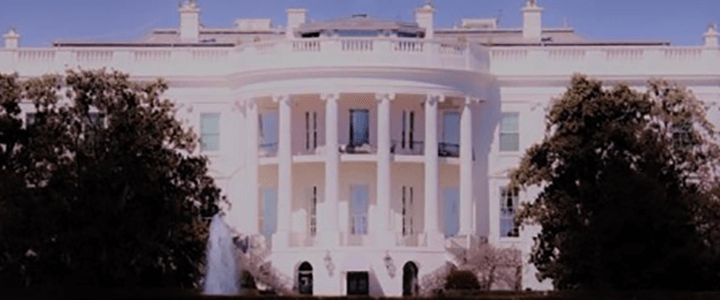In the wake of two weeks of scrutiny of the White House security clearance process, White House Chief of Staff John Kelly issued a memo calling for the standardization of White House adjudication procedures, and highlighted steps the administration had already taken to improve the security clearance process.
Kelly noted that when he came on board, he began an audit of cleared positions, removing the requirement for a clearance from some positions and downgrading others. While progress has been made in some aspects of the White House security clearance process, much work remains to be done. Kelly particularly called out the adjudication process.
“Different agencies have different standards and we need to do better across the board,” said Kelly. “For example, in the past, credible and substantiated reports of domestic abuse — even physical abuse — were not considered automatic disqualifiers for suitability for employment or a security clearance. That needs to be revisited. Generally, our treatment of behavior that traditionally may not have been disqualifying should be modernized.”
Investigation vs. Adjudication
Many people mistakenly assume the FBI, which has job of conducting the background investigations for White House staff, is also making the decisions concerning who is granted a clearance. But the investigation and adjudication processes are stovepiped across government, by design. The individual conducting the background investigation is like a private investigator for hire. He digs in and discovers any potentially disqualifying information through interviews, records checks, and a lot of leg work. And then he literally hands over that file to the agency who requested the investigation. That’s why the National Background Investigation Bureau (NBIB) is currently the single largest investigative arm of the government – but it doesn’t actually issue any security clearances. Currently, it hands over its investigative product to the agency or branch who needs the cleared personnel, and they make the determination.
The investigator doesn’t even make a recommendation along with its investigation. It is up to the designated office within the agency the individual will work to make a clearance determination. And while the adjudicative guidelines are the same across every government agency, the criteria have always been applied differently across organizations. That’s why you may apply for an intelligence community clearance with the CIA and be denied, and then go apply for a similar position with the Department of Energy, and have your clearance granted.
The security clearance process utilizes a subjective system called the ‘whole person’ concept. The idea is no single issue (other than ongoing, current drug use) should tank your chances of obtaining a security clearance. If a mistake – even a major one, like a crime – can be mitigated through passage of time, a clearance can still be granted.
But wait – that’s crazy?
You may be thinking this is crazy – how could major decisions like who is granted access to classified information be determined so subjectively? There’s reason to view the security clearance process through a critical lense – even the director of the Office of the Director of National Intelligence referred to the system as broken, in congressional testimony this week. But you will never remove the human element from ac clearance determination. There’s simply no accurate litmus for determining trustworthiness that we can run through a machine. What we do have are standard operating procedures – and that’s one area where the White House is committing to change.
In addition to listing out the progress he’d already made, Kelly notes several new tasks he’s asked his staff to take on – including creating a standard operating procedure, and working with the FBI to determine best practices for the review of security files. This is a document that should have already existed – the adjudicative process is inherently subjective, but it is intended to be somewhat standard, at least across the same agency. Kelly’s memo implies the presidential transition didn’t include clear directions from the previous administration concerning appropriate review processes for the White House security offices – that needs to change, and Kelly said it would.
Ultimately, it comes down to a security clearance reform topic that has been debated, but never adequately settled, for 20 years – reciprocity. An applicant shouldn’t wonder if they meet the criteria at Agency A, vs. Agency B. Adjudicators shouldn’t have to read tea leaves to determine if an issue should, or should not, result in security clearance denial. And once a security clearance has been granted, that eligibility should transfer across agencies and organizations, saving time, costs and reducing redundant paperwork shuffling.




